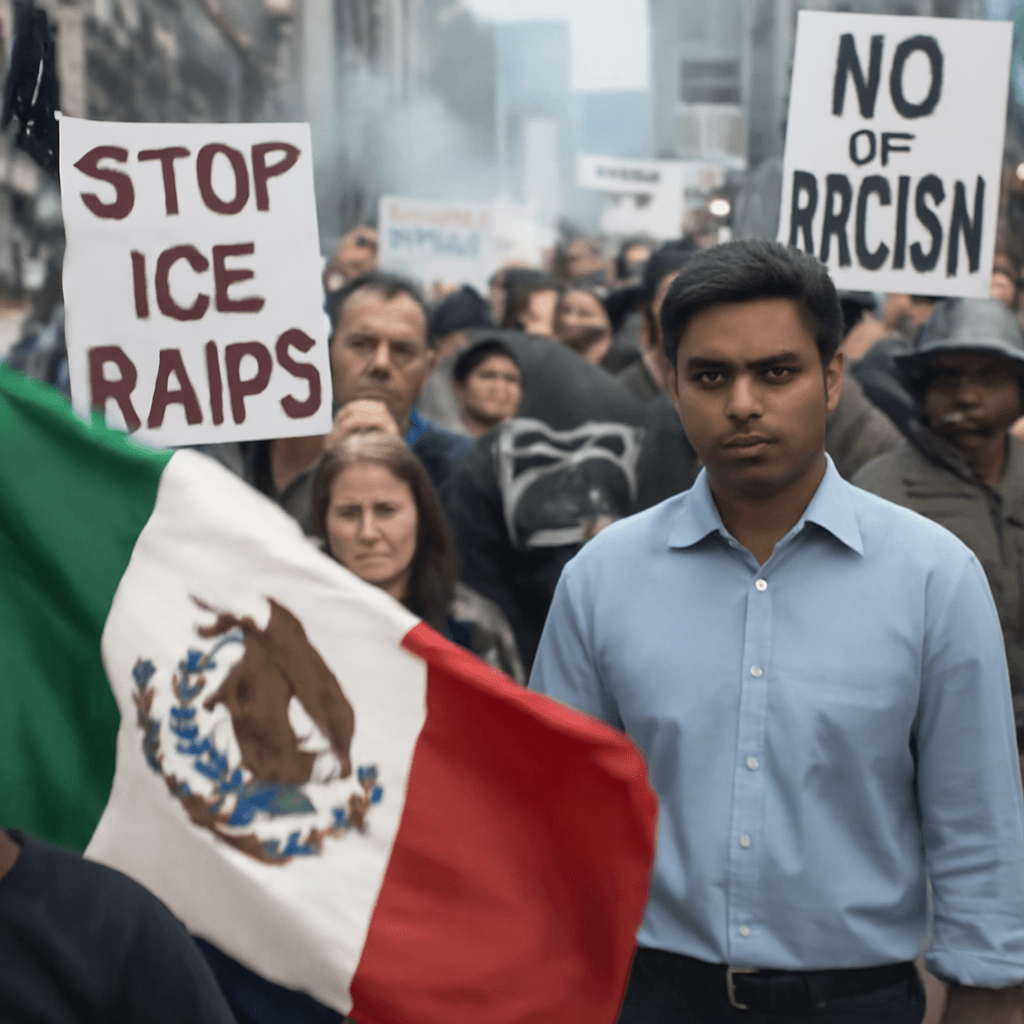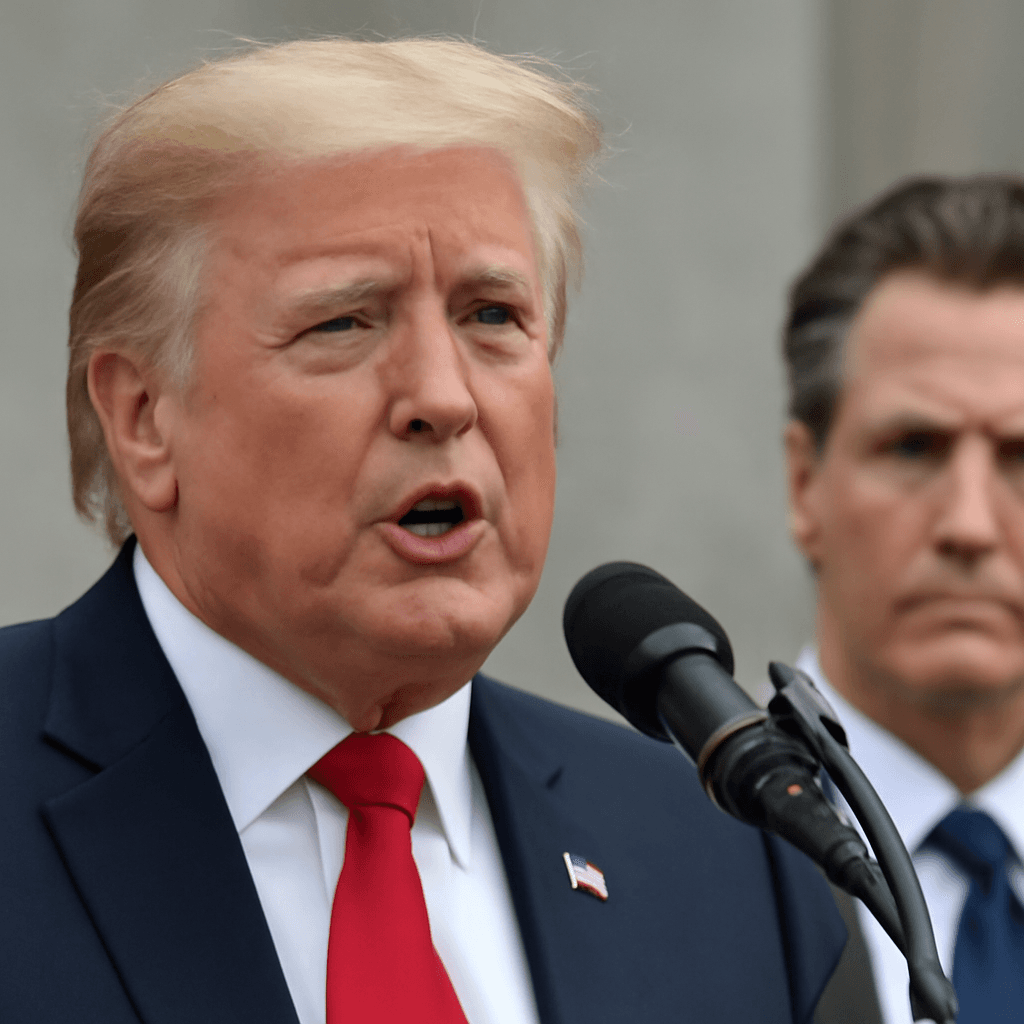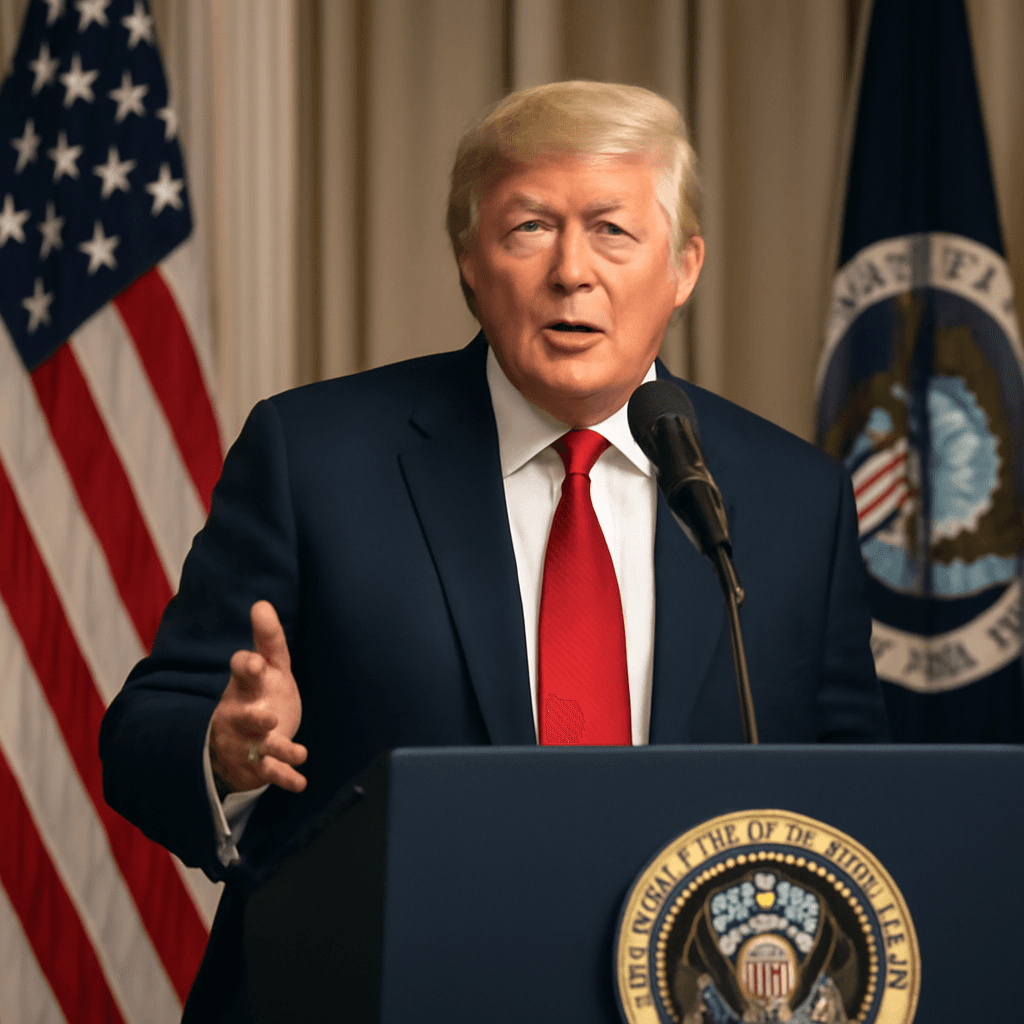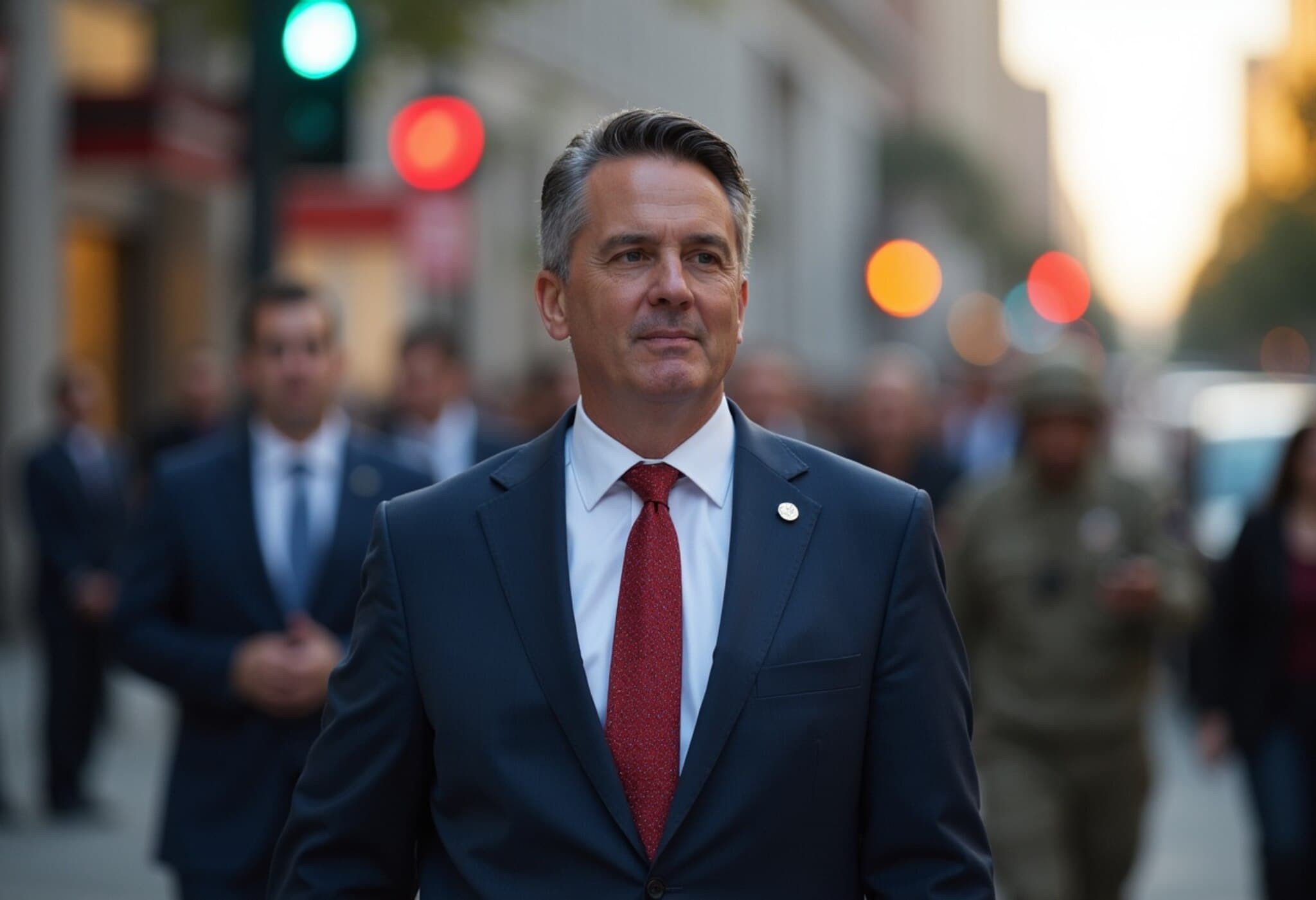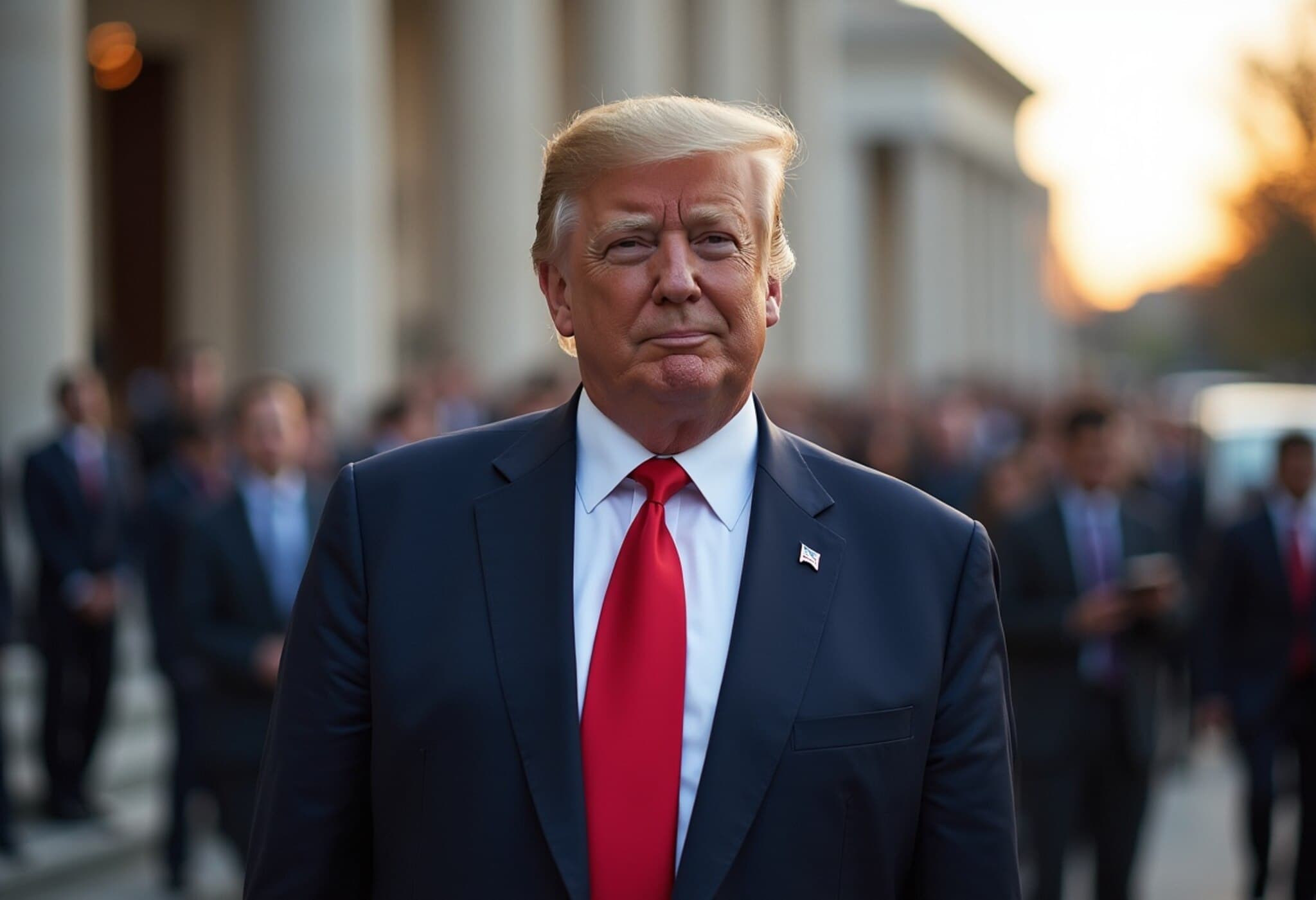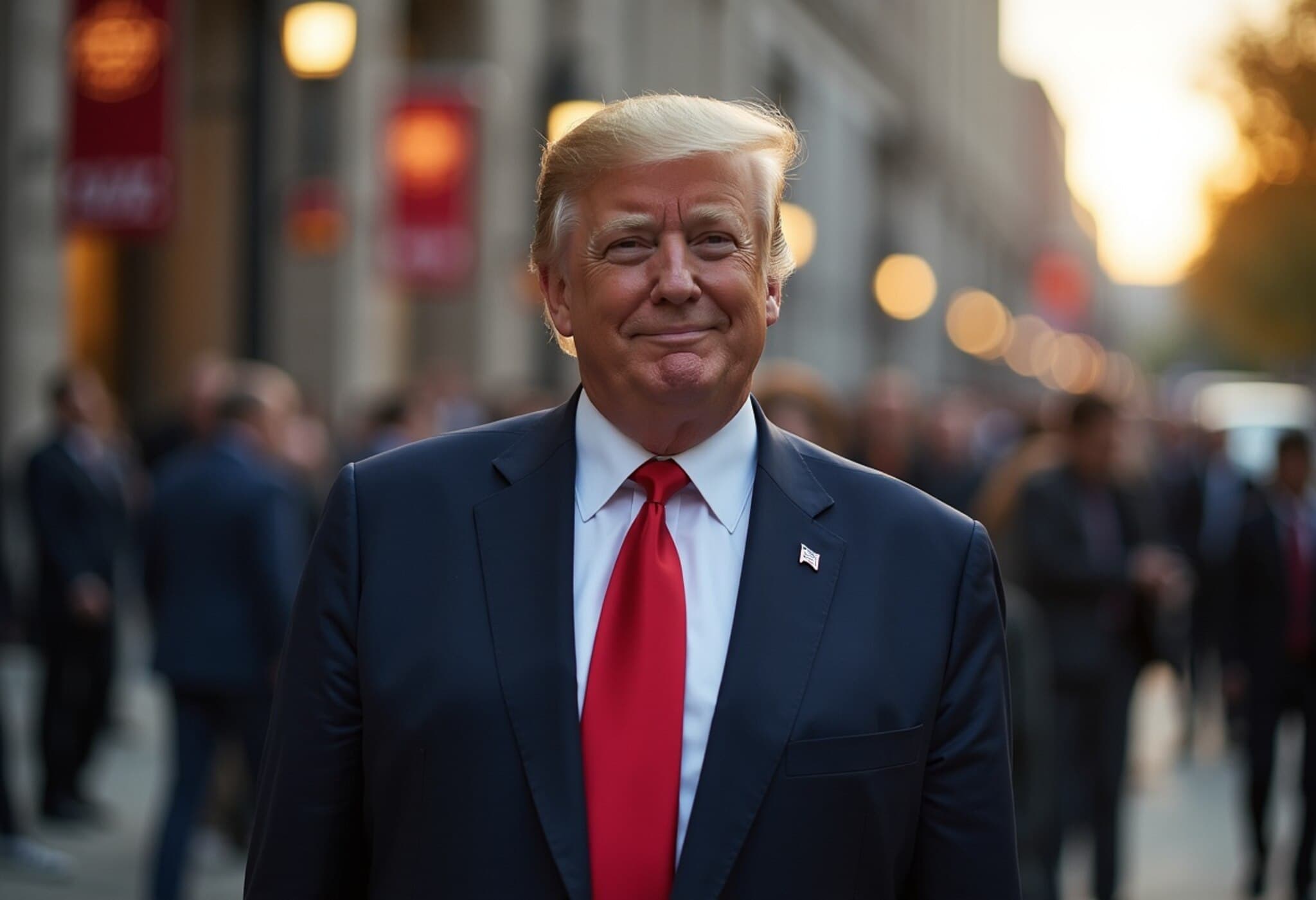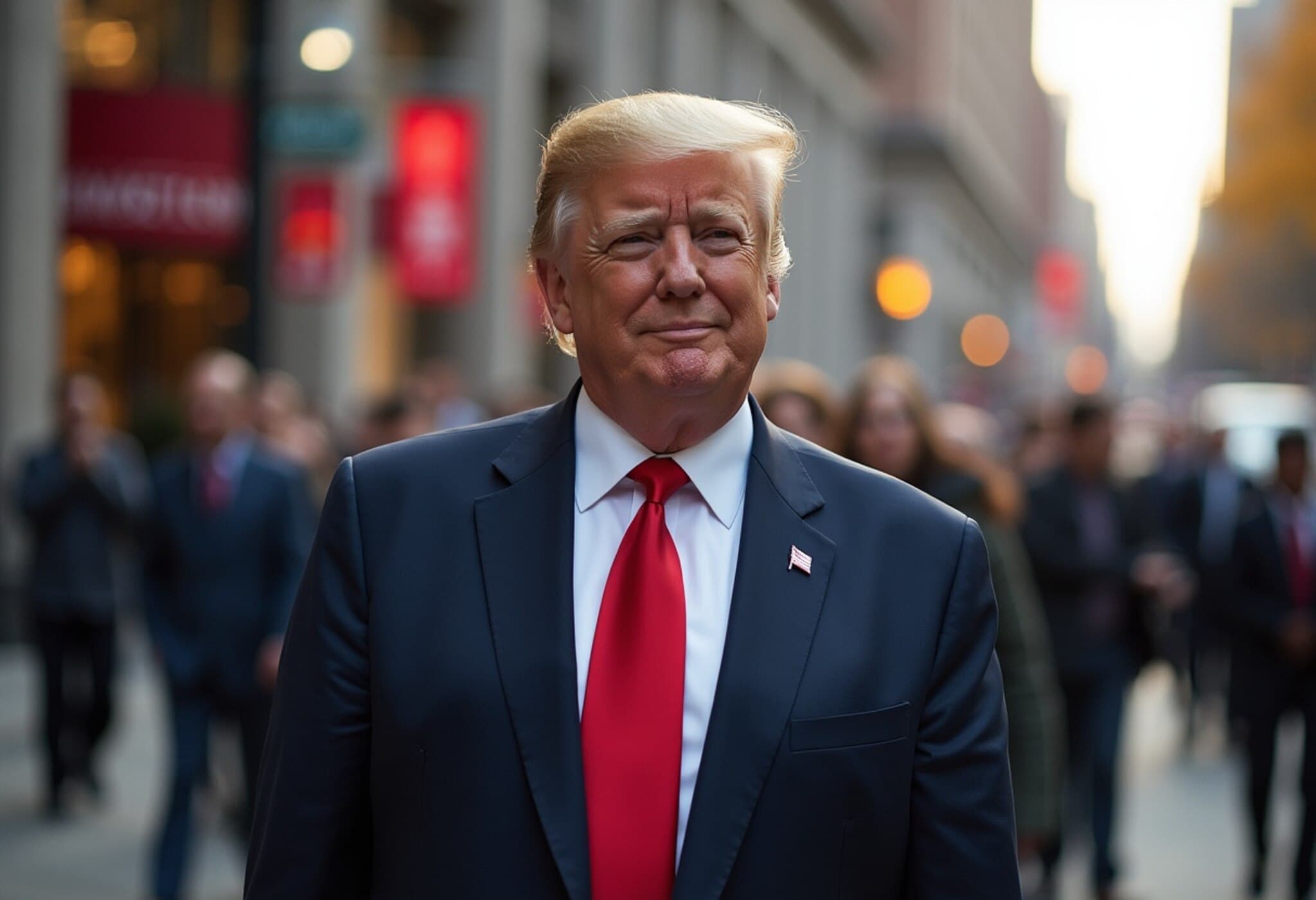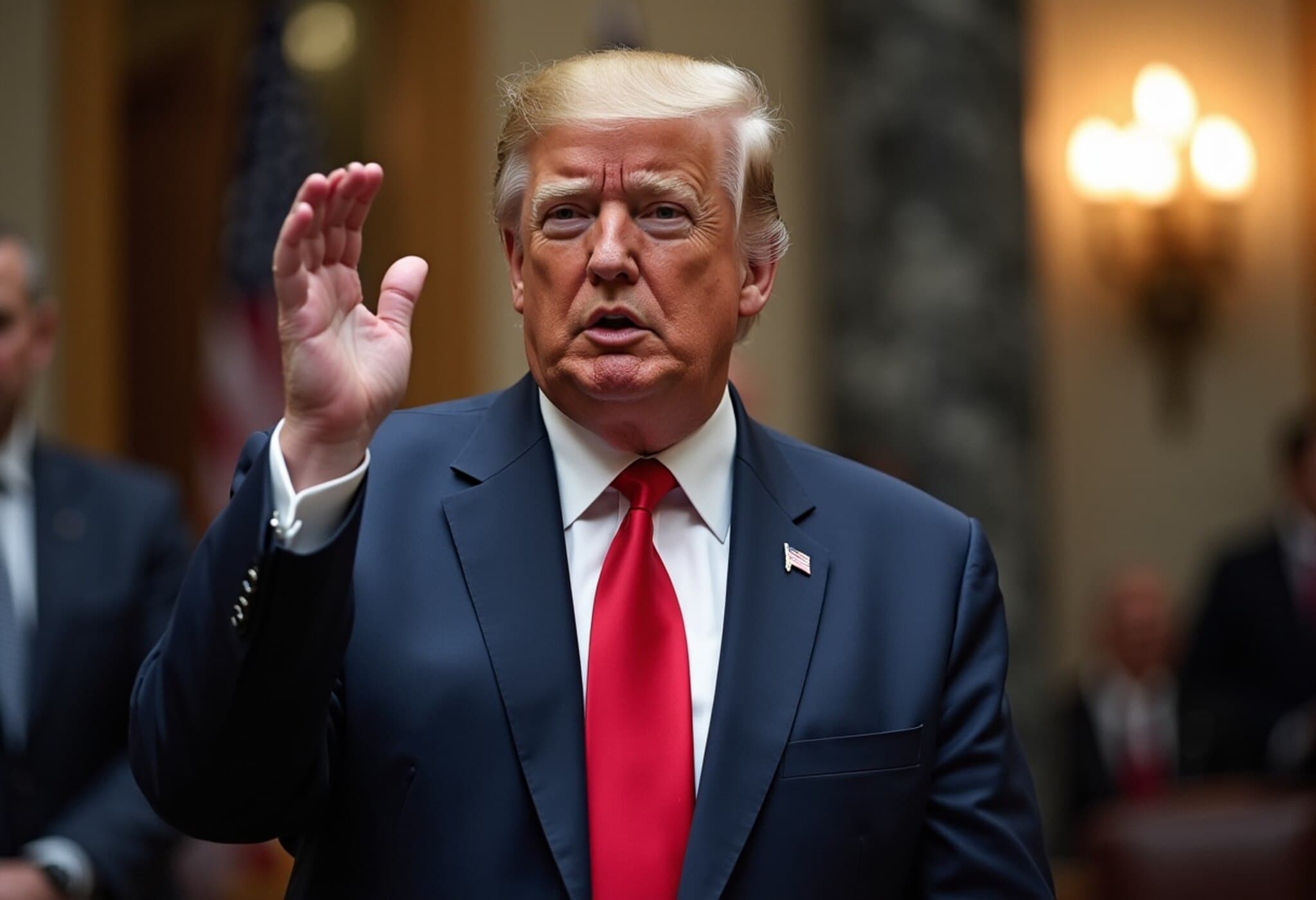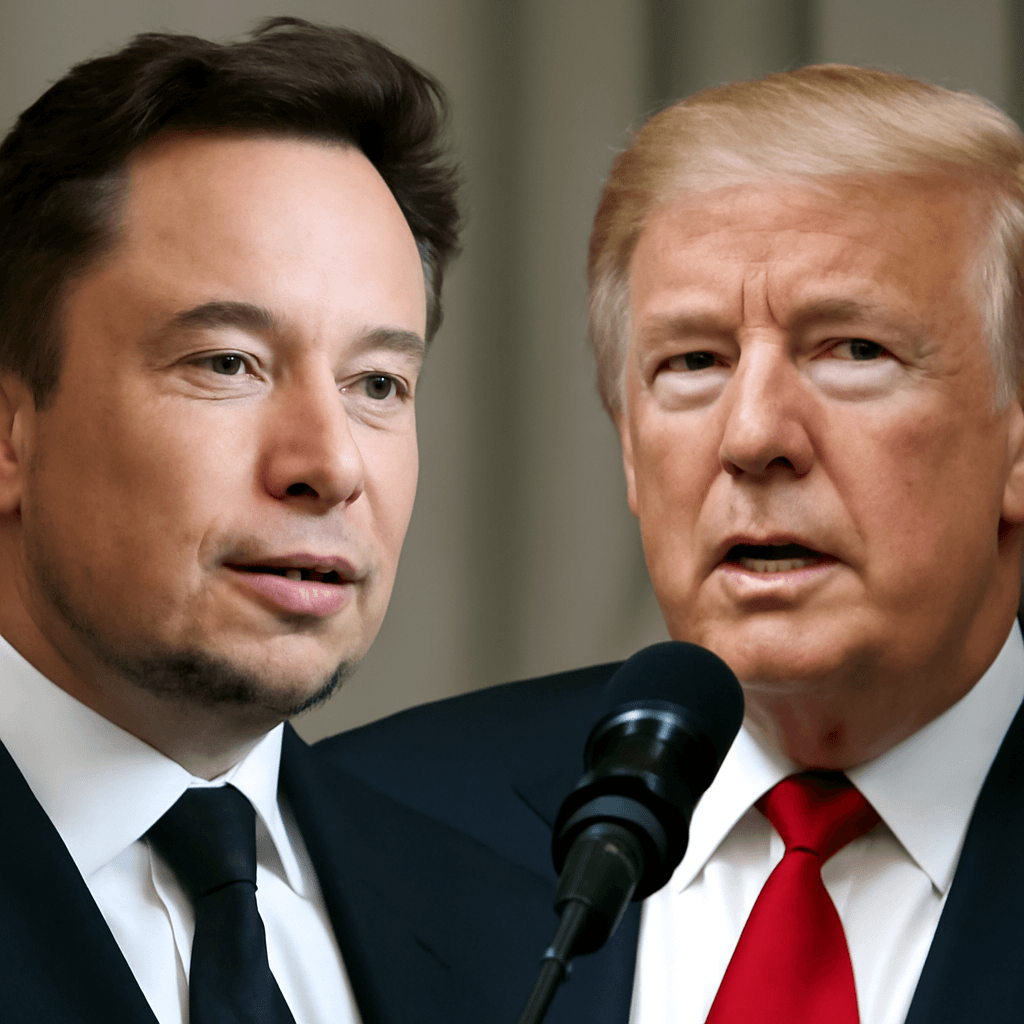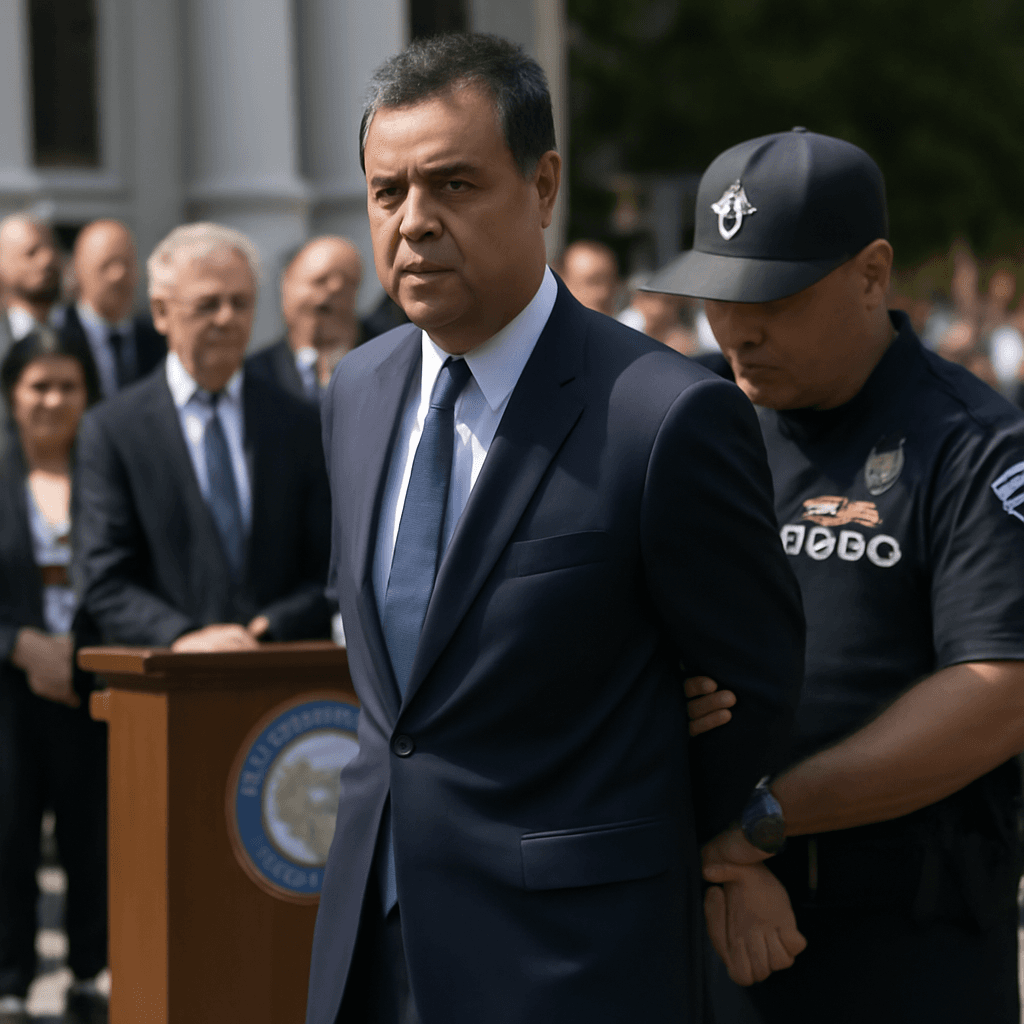Trump Administration Moves to End Protections for 500,000 Immigrants
The U.S. government has started sending termination notices to approximately 500,000 immigrants from Cuba, Haiti, Nicaragua, and Venezuela, instructing them to self-deport following the cancellation of the CHVN humanitarian program. This program, introduced under the previous administration, granted temporary protection allowing these immigrants to live and work legally in the United States.
What is the CHVN Program and Why Was It Ended?
The CHVN program provided temporary two-year relief to certain foreign nationals fleeing dangerous conditions in their home countries. It was initiated to offer humanitarian aid amid conflicts and instability. However, earlier this year, the program was officially revoked by the Trump administration, despite ongoing legal challenges.
The Supreme Court ruled in favor of the administration’s authority to terminate this program, enabling the Department of Homeland Security (DHS) to require affected individuals to leave the country.
Self-Deportation Incentives and Implementation
Recipients of the revocation notices are encouraged to use the DHS Home Mobile App to initiate self-deportation. Those who comply will receive travel assistance and a $1,000 bonus upon arrival back in their home countries. This approach aims to streamline the departure process for those affected.
A Broader Crackdown on Temporary Protected Status Recipients
This move follows a Supreme Court decision last month permitting the Trump administration to revoke the protected status of nearly 350,000 Venezuelan immigrants under a separate Temporary Protected Status program. These actions reflect a significant shift in U.S. immigration policy targeting individuals granted temporary relief due to instability in their countries of origin.
Impact on Industries and Conflicting Opinions
In the midst of enforcing these immigration restrictions, President Trump has expressed concern over the negative consequences his administration’s policies may have on key sectors such as agriculture, hotels, and leisure industries, which often rely on immigrant laborers.
On social media, President Trump acknowledged the dilemma: while pushing for strong immigration crackdowns, he also highlighted the reliance of farmers and hospitality businesses on long-term workers, some undocumented, who are now at risk of deportation.
“Our great Farmers and people in the Hotel and Leisure business have been stating that our very aggressive policy on immigration is taking very good, long term workers away from them, with those jobs being almost impossible to replace.”
He also criticized current immigration policies, citing concerns over criminals entering the country, but affirmed the need to protect agricultural workers. He indicated plans to issue new orders aimed at safeguarding these laborers while continuing immigration enforcement.
Remarks Highlighting Worker Contributions
Speaking further to reporters, Trump reflected on the longstanding relationships many farmers have with their workers, some of whom have been with them for over two decades. He stressed the importance of retaining these workers, saying, "We can't take farmers and take all their people and send them back." This statement underscores the tension between strict immigration policies and the economic realities faced by key industries.
Unanswered Questions and Anticipated Policy Adjustments
While President Trump mentioned forthcoming orders to address these concerns, the White House has yet to clarify what form these directives will take. As the situation develops, affected industries remain cautious about the ongoing impact of immigration enforcement efforts.


